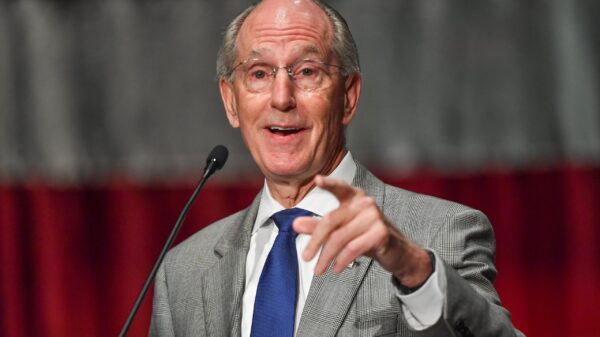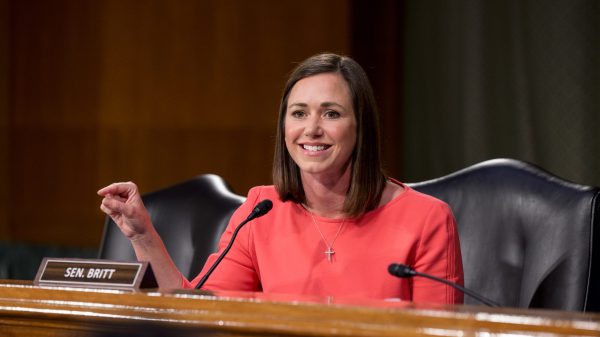U.S. Senator Katie Britt of Alabama was honored for her steadfast commitment for term limits on Congress. U.S. Term Limits, the nation’s largest pro-term limits group, honored Britt at the capitol this week.
In addition to signing the term limits pledge, Britt cosponsored senate joint resolution (SJR1), a measure being spearheaded through Congress by USTL. Members of the U.S. Term Limits team presented Britt with an award inscribed with her pledge vowing that, as a member of Congress, he will cosponsor and vote an amendment of three (3) house terms and (2) senate terms and no longer limit. More than 60 members of Congress have cosponsored the U.S. House and Senate resolutions.
According to the latest nationwide poll on term limits conducted by Pew Research, term limits enjoy wide bipartisan support. Pew’s analysis states, “An overwhelming majority of adults (87 percent) favor limiting the number of terms that members of Congress are allowed to serve. This includes a majority 56 percent who strongly favor this proposal, just 12 percent are opposed.”





















































